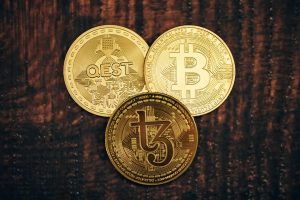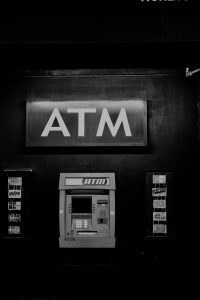Forex, or the foreign exchange market, is known to be one of the most volatile markets in the financial world. The constant fluctuations in currency exchange rates can be nerve-wracking for traders, but also provide opportunities for profit. There are several reasons why forex is so volatile, and in this article, we will explore some of the main factors that contribute to this volatility.
1. Economic and Political Factors
Economic and political factors are the primary drivers of currency exchange rates. A country’s economic performance, interest rates, and inflation rates can significantly impact the value of its currency. For instance, if a country’s economy is doing well, its currency will likely appreciate, whereas if there is a recession or economic slowdown, the currency will likely depreciate. Similarly, if a country’s inflation rate is high, its currency will likely lose value relative to other currencies. Political instability or changes in government policies can also affect a currency’s value. For example, if a country’s government introduces new policies that promote economic growth, its currency may appreciate. On the other hand, if the government is unstable or there is political turmoil, the currency may depreciate.
2. Market Sentiment
Market sentiment refers to the overall attitude of traders and investors towards a particular currency or the forex market as a whole. Sentiment can be influenced by a range of factors such as news, economic data releases, and market events. For example, if there is positive economic data release for a particular country, traders may become more bullish on that currency, leading to an increase in demand and appreciation in value. Similarly, if there is negative news or events that affect a country’s economy or political stability, traders may become bearish on that currency, leading to a decrease in demand and depreciation in value.
3. Interest Rates
Interest rates play a crucial role in forex volatility. Central banks use interest rates as a tool to control inflation and stimulate economic growth. When interest rates increase, it makes the currency more attractive to investors, leading to an increase in demand and appreciation in value. Conversely, when interest rates decrease, the currency becomes less attractive to investors, leading to a decrease in demand and depreciation in value. Interest rate decisions by central banks are closely watched by forex traders and investors, and any surprises or unexpected decisions can lead to significant market movements.
4. Market Liquidity
Forex is the most liquid market in the world, with trillions of dollars traded daily. However, there are times when market liquidity can be lower than usual, leading to increased volatility. For example, during major holidays or when markets are closed, there may be less trading activity, leading to wider bid-ask spreads and increased volatility. Similarly, during times of market turmoil or uncertainty, traders may be hesitant to participate in the market, leading to lower liquidity and increased volatility.
In conclusion, forex is a highly volatile market due to a range of factors such as economic and political factors, market sentiment, interest rates, and market liquidity. Traders and investors need to be aware of these factors and stay up to date with market news and events to make informed trading decisions. While forex volatility can be daunting, it also provides opportunities for profit, and with proper risk management and strategy, traders can navigate the market successfully.





